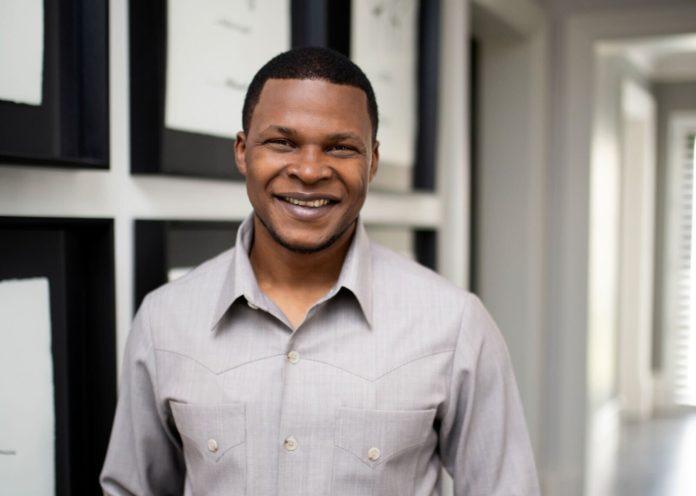There’s a way to tap into the great reserves of energy in Africa without sacrificing long-term climate goals or making life worse for African people, writes author and energy expert NJ Ayuk in his latest book.
NJ Ayuk, who serves as executive chairman of the African Energy Chamber, has long worked to broker deals in Africa’s energy sector. He’s the founder of international law firm Centurion Law Group and a widely influential author. His latest book, A Just Transition: Making Energy Poverty History With an Energy Mix, has already become an Amazon bestseller.
When he discusses the book’s premise, he’s quick to point out the need to change the global conversation around energy. The current view often pits energy companies searching for fossil fuels against environmentalists pushing new, more sustainable technologies. But when NJ Ayuk discusses energy policy in Africa, he includes another group: everyday people.
“We all want to talk about a new energy transition for Africa, but when we talk about it, you have to first ask what we mean by that,” he said. “Transitioning from what and to where? Right now, 600 million people across Africa do not have access to electricity. Nine hundred million people lack access to clean cooking technologies. When we talk about energy and fossil fuels, we always talk about environmental concerns. But we also need to talk about people. You can’t discuss climate change without looking at the energy poverty that people are experiencing right now. They represent two sides of the same coin.”
Despite having vast natural resources, Africa suffers from a severe underinvestment by energy companies. Right now, that’s starting to change. As more countries are moving away from fossil fuels supplied by Russia, some companies are eying Africa as a potential source of oil and natural gas.
However, memories of past mistakes hang over African energy deals. Many agreements from decades ago gave African countries and people a bad deal, allowing the continent’s current energy poverty to develop, NJ Ayuk explained. Future deals need to foreground the interests of these Africans and include ways that African residents can benefit from their homeland’s resources.
NJ Ayuk: ‘We Cannot Adopt a Western Approach to an Energy Transition’
“If you look at the continent with these young people, and the lack of jobs, it’s concerning,” Ayuk said. “Yesterday, I was in South Africa, a country that’s experiencing anywhere from eight to 10 hours of blackouts a day. And that’s a very serious thing — but it’s not the worst we have here.
“There are many places around Africa that don’t even have lights. It’s really bad. We cannot — and I’m going to be very direct here — we cannot adopt a very Western approach to an energy transition.”
Instead, NJ Ayuk advocates for a new, different kind of energy policy. While climate change is essential, he says, it’s unfair for the burden of reducing fossil fuel use to fall on Africa. While Africa is home to about 17% of the world’s population, it’s responsible for only 3% of carbon emissions.
“That’s why you need a just energy transition. That’s why you have to look at what is going on around the world and realize that this is a chance for Africa to really be able to redefine itself,” he stated. “Climate change and energy poverty are two sides of the same coin. You have to deal with them both. After the Russia-Ukraine crisis started and after [the 2021 United Nations Climate Change Conference] COP 26, we had all these pledges for decarbonization. Western and wealthy countries need to decarbonize and get to decarbonizing fast. African nations need to industrialize.”
While richer countries spent decades burning coal and fossil fuels, Africans have largely lived without the benefits of electricity, NJ Ayuk explained. Instead of imposing rules on Africa about sustainable energy, countries there should be allowed to sell their resources and improve their fossil fuel operations as they work to eliminate the energy poverty that keeps so many lives in the dark.
“For Africa to industrialize, you have to use your natural gas, you have to use your oil, and sometimes you have to use coal to begin to power up,” Ayuk stated. “Right now, South Africa is shipping more coal to Germany than it’s ever done before. The UK, for the first time in 30 years, is opening up coal-powered plants. Germany is transitioning away from Russian oil by opening up more space for fossil fuels.
“All that is happening in rich, Western countries — but then you turn around and you tell Mozambique, Namibia, Angola, all African countries, that they need to do the same work to reduce carbon emissions. That’s not right. That is not a just energy transition. And I know you might not like me saying it or how I say it, but I have to say it. That’s what’s right.”












